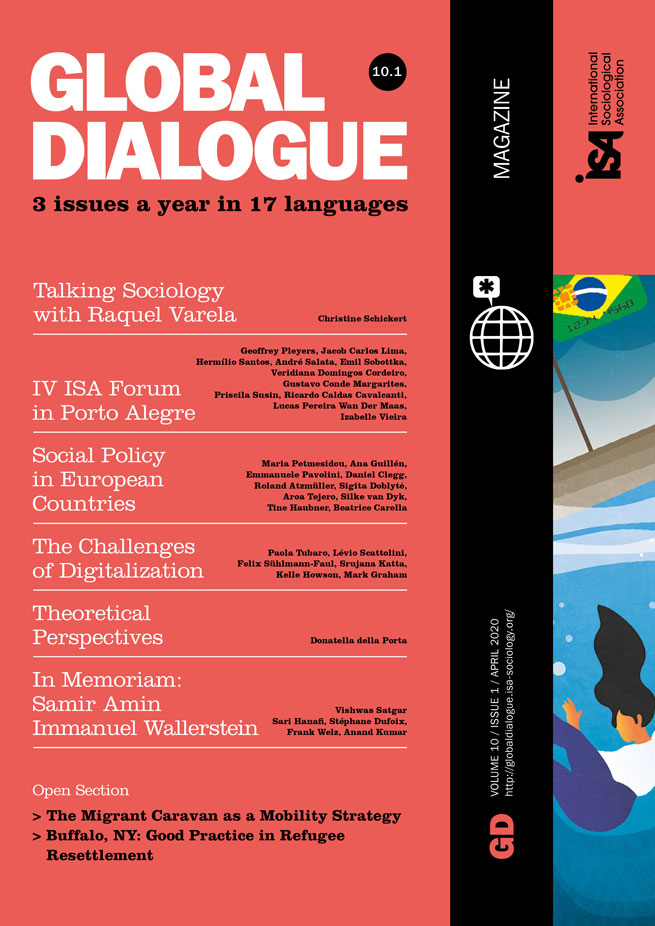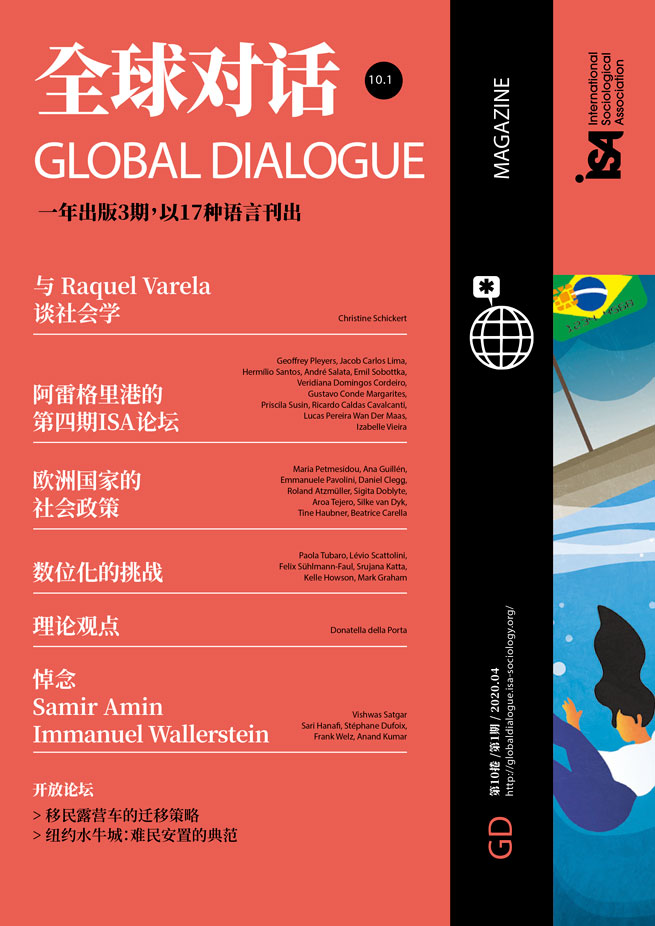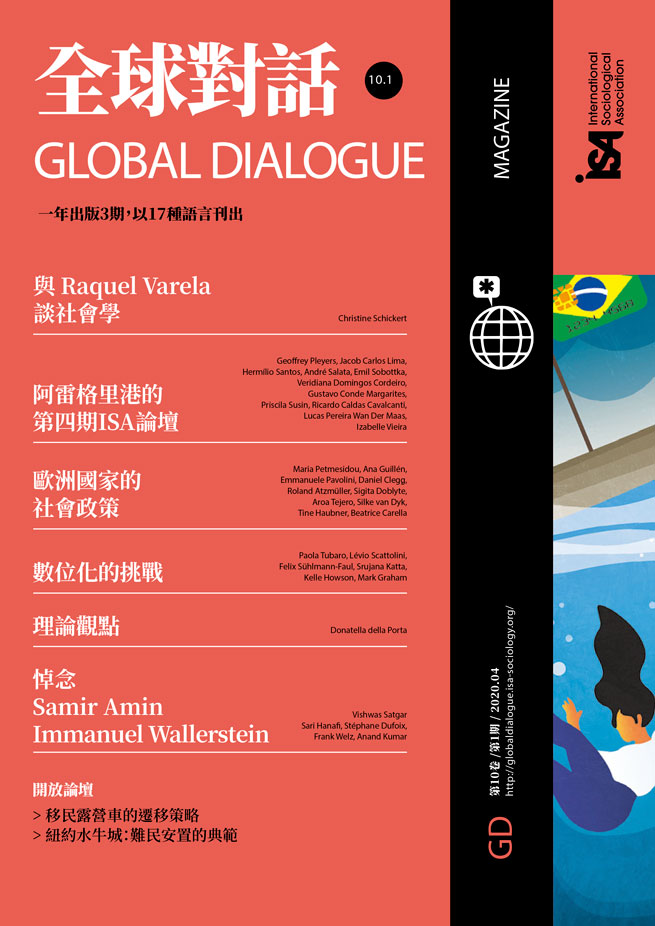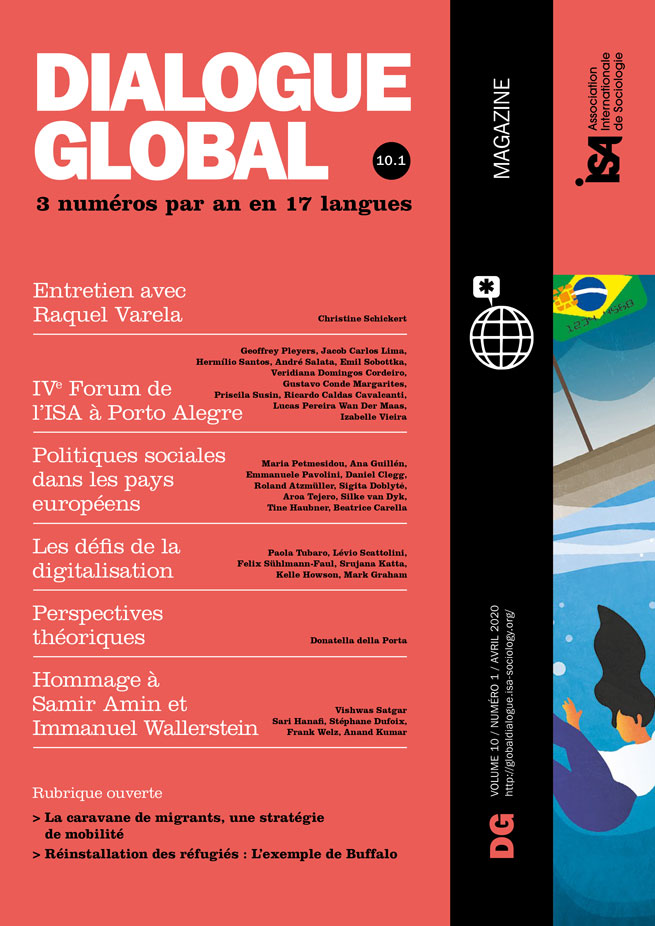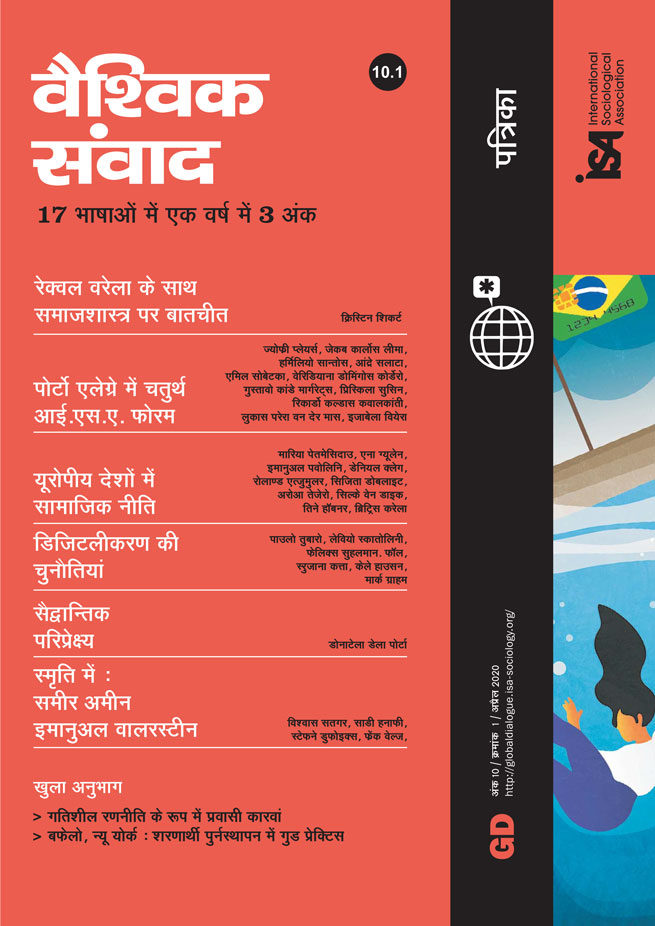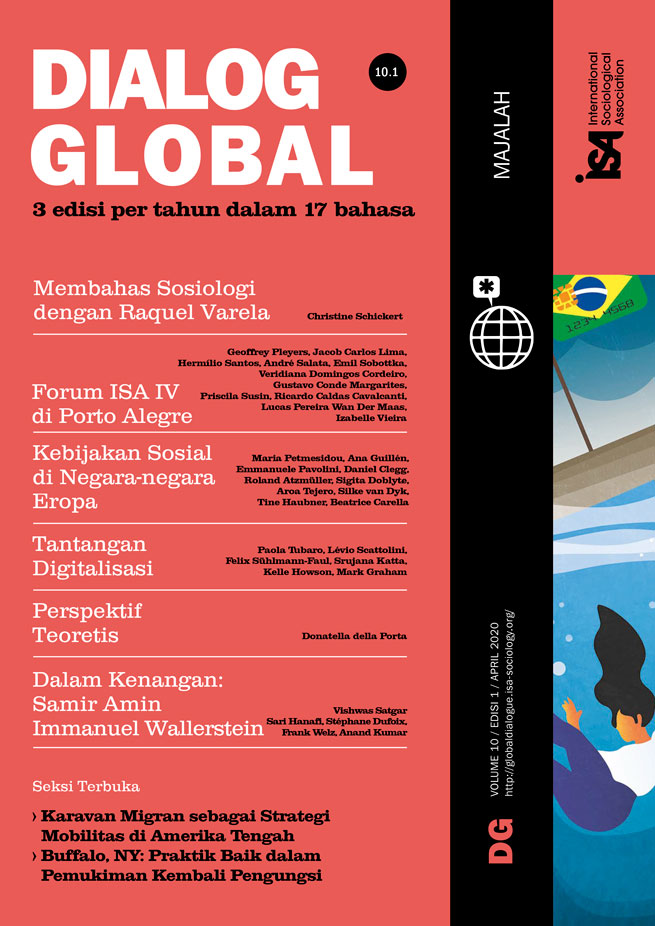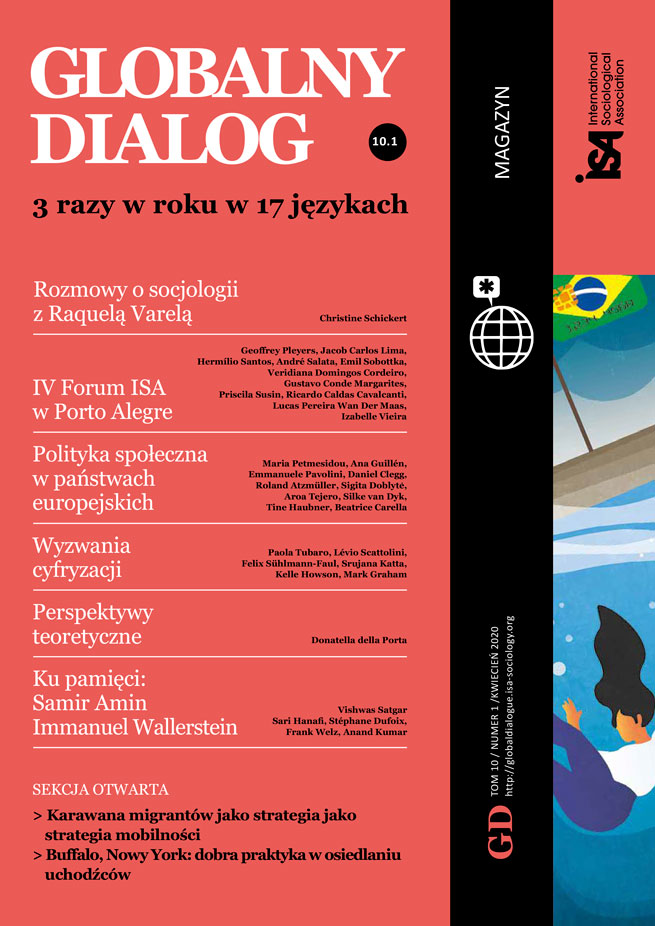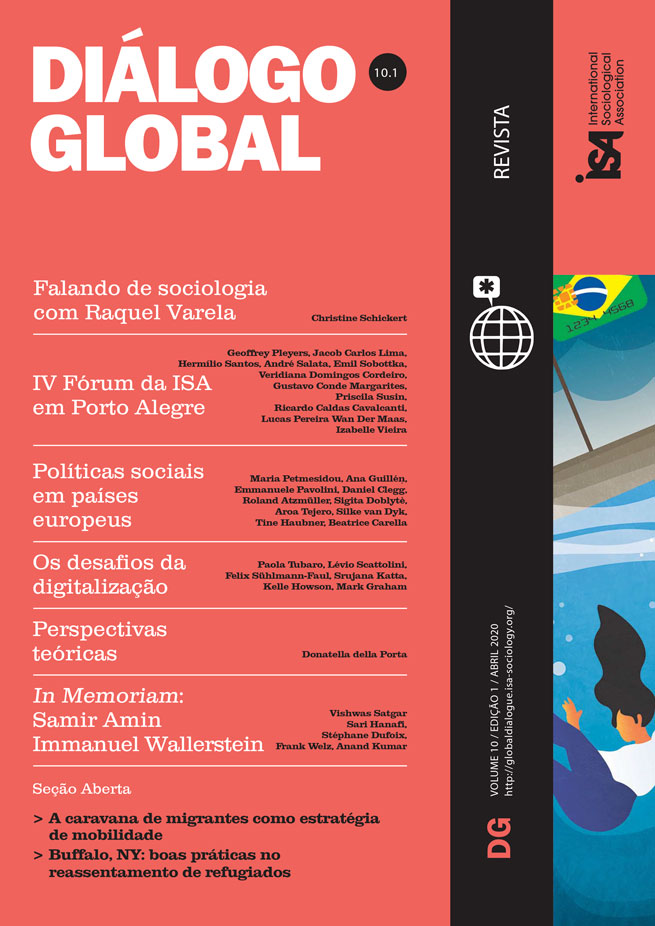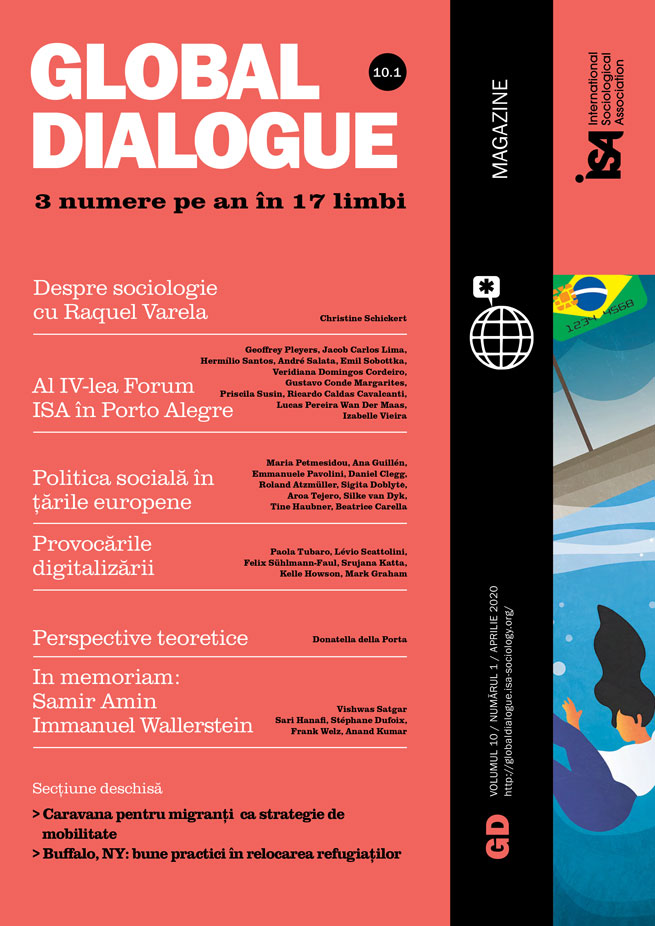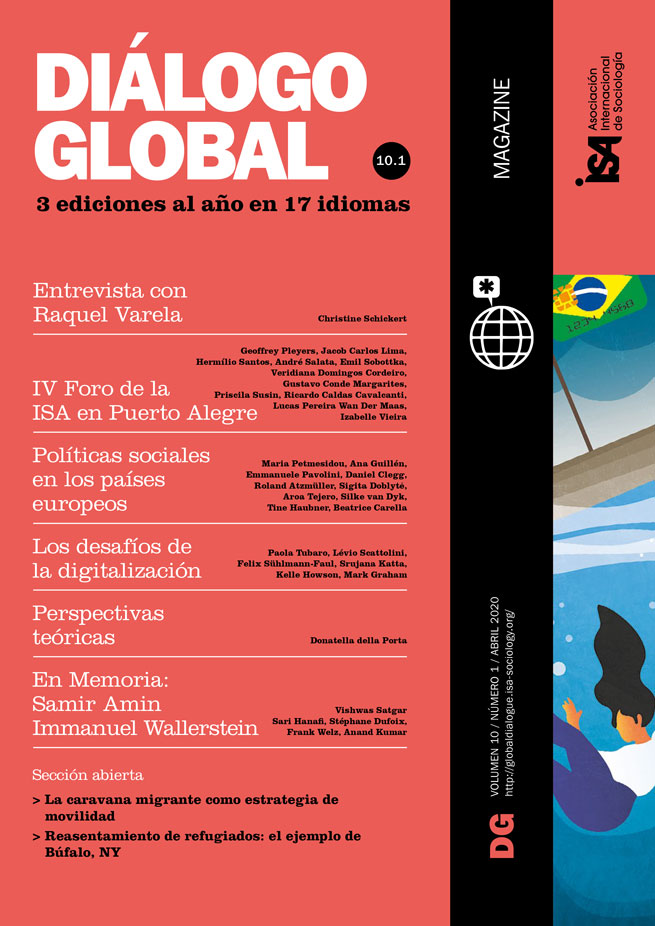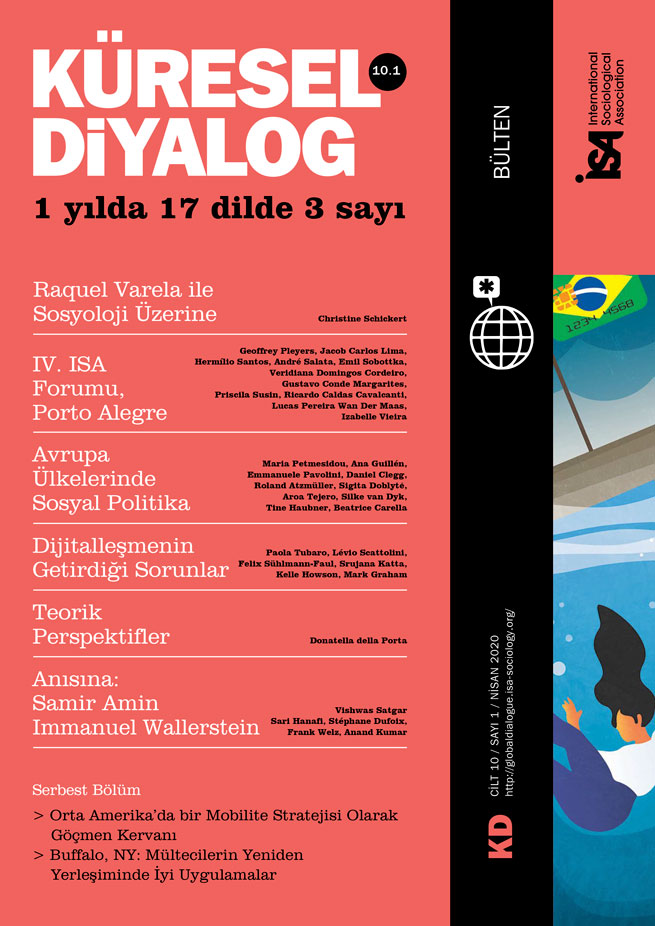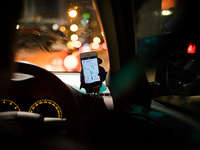What Does a Sustainable Digitalization Need?
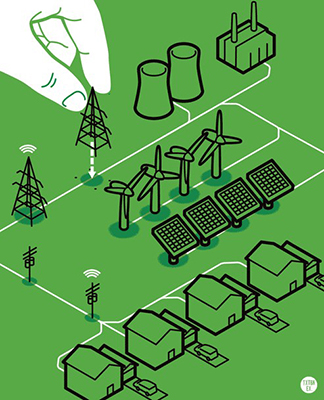
February 21, 2020
Many things show us what digitalization means. Take a record store for instance. We used to hear something on the radio that we liked, or a friend gave us a tip, and then we went to a record store and bought a medium with music. A material thing, which became our property. This once ordinary act is hardly seen nowadays. Streaming services, based on a platform business model, deliver access to millions of songs and substitute the record store of yore. The music industry has changed considerably. One big cause of this change is data as the central means of production. The platform business model works in most cases by gathering lots of information about their users. For instance, what genre of music we listen to, when, how often, and where. In addition: What is our gender? Do we have kids? Where do we live? What is our household income?
This information is what makes most of the platforms enormously successful: They know our preferences and attitudes and can predict our behavior. Their services are attractive because they adapt to our individuality. Platforms also sell this gathered information to advertising agencies, which can now offer personally targeted possibilities of consumption. This is one big part of what digitalization means today: A strong connection between capitalism and technology.
This links directly to the fact that digitalization can often not be reconciled with sustainability. The well-known 1987 Brundtland report to the United Nations states: “Sustainable development is development that meets the needs of the present without compromising the ability of future generations to meet their own needs.” Therefore, we, our children, and their children should have the chance to live “a good life.” What does this mean? This is of course a cultural question. In western society, which is influenced by ideas of humanism and enlightenment, it surely consists of values like democratic basic rights, self-determination, diversity, privacy, a sound environment, and “freedom” - whatever this means. Nevertheless, most of these points are influenced by digitalization, which is driven by economic interests to a big degree. Privacy, for example, cannot be ensured by platforms whose success is based on the need to know everything about us. Moreover, a sound environment has never been the goal of economic interests and this has not changed in the digital age.
Digitalization requires the construction of devices and infrastructures, the mining and transport of raw materials. The mere use of digital devices creates an energy consumption of about 10% of the global demand of electricity. If this trend keeps its pace, it will rise up to 20% in 2025. Consequently, the production and use ofinformation and communication technologies is responsible for 3.7% of the man-made CO2 emissions and it will rise to about 8% in 2025. The mining of raw materials produces massive problems concerning sustainability in the countries of origin. The Democratic Republic of the Congo is a very dire example in this regard. Congo is one of the most important supply countries for tungsten, tantalum, tin, cobalt, and gold. These minerals are irreplaceable for the manufacturing of digital hardware. Of course, mining causes the usual ecological problems like erosion, poisoned groundwater, and the extinction of species. However, the problems on the social level are even greater: A bloody civil war shakes this country. Responsible for the millions of civilian casualties are various rebel troops that have waged this war for 30 years. The mines - which deliver the irreplaceable minerals for digital hardware - are in the hands of these rebel forces that finance their weapons through the sale of these minerals. This is why they are called “conflict minerals.” The bitter consequences: hunger, sexual violence, diseases, modern slavery, child soldiers.
Nevertheless, there is also good news: Some areas of sustainability are only achievable by using tools of digitalization. The first example is the shift towards the use of renewable energy. To use renewable energy sources efficiently, there is no way around digitalization because the energy production is decentralized, hard to predict, happens during different times of the day, and sometimes only tiny amounts are produced. Storing and distribution must happen very fast to make the most of this volatile energy. In addition, this is only achievable through the support of self-learning computer technology.
Another example is sustainable transportation. The shift away from fossil-based transportation, traffic jams in city centers, and fine dust pollution requires a massive reduction of passenger cars. However, there is often a big information gap as well as problems concerning the comparison of alternative modes of transport. There are different providers, different pricing models, different journey times, etc. It is hard to gather a spontaneous overview. But there is an easy fix to this problem now that smartphones are ubiquitous. Many research projects in Germany address these issues by enhancing the apps from local public transportation providers and adding all the relevant information for other suppliers in the region into this app. Now one can compare car-sharing providers, bike rental companies, buses, trains, and so on. One can see how much time their journey will take, which mode is the cheapest, how to combine different modes with each other, and also book and pay through these apps. Digitalization can make it much easier to travel sustainably.
Where does this leave us?
Countless studies show that sustainability is thought of as being important in society. However, acting sustainably is a completely different thing. People tend to avoid getting rid of their car or stopping traveling by plane. Here lies the imperative of politics. There are many easy steps like lowering taxes on repairs of digital devices or legislation that all electronic devices must be repairable. But the biggest step would be paying a fair price for raw materials. There must be a financial compensation for the ecological and social devastation mining creates. Severe consequences would come out of this but it also would pave the way towards a post-growth economy through higher taxes on resources.
A digitalization that uses its chances to create a more sustainable way of producing and living and avoids the risks of ever greater energy consumption and destruction of nature is a joint effort, however. Smart legislation is one part. Individuals must support this through political engagement, voting, and by adapting their lifestyle. Sustainability is rooted in sufficiency, but digitalization lowers the threshold for consumption. We have to keep a watchful eye on this fact.
Felix Sühlmann-Faul, Germany <kontakt@suehlmann-faul.com>


